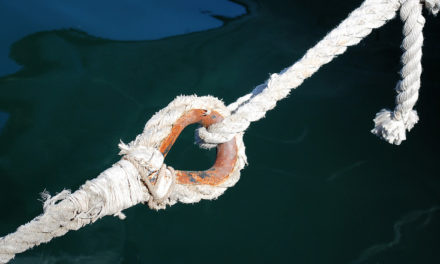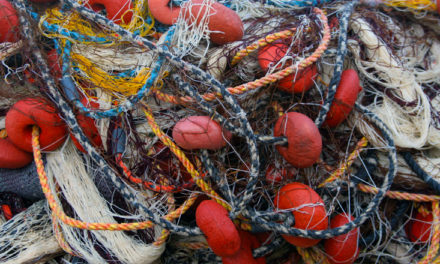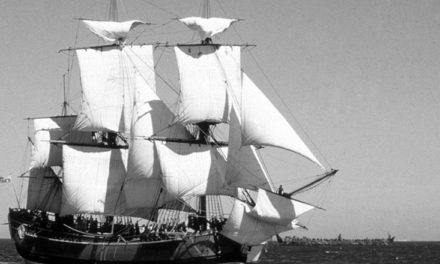New Nets
Tena tātou katoa e te iwi mīhana… (Greetings to all the people in mission)
This month’s whakatauki (proverb) is: “Ka pu te ruha, ka hao te rangatahi.” (Discard the old net, take the new one fishing).
The modern missionary movement began at the height of colonial expansion in the 1790s. An argument could be made that around the time of the Tiriti o Waitangi (Treaty of Waitangi, 1840), the outward reach of the European empires was already starting to wane.
I am convinced that missions ride the coattails of commerce.
There were a number of contextual factors that made global missionary ventures possible in the 18th Century, and momentum continued to build, until 2010. I am convinced that missions ride the coattails of commerce. That’s not to dismiss or in any way limit the Spirit of God from doing what He wills. It is just one way to view missions history, from the time of Roman roads and the Apostles. The modes of mission change with empires and their economies as our worlds alter with every era.
So what happened in 2010? The global economic downturn started to bite, but more importantly for the missions community, the International Mission Board started losing money. It all came out in 2016 that since 2010 the IMB had spent US$210 million more than it received. With the 170 year old IMB being the largest sender of missionaries in the Evangelical world (5,271 in 2007), that was a big deal. And the dominoes keep falling.
To secure their legacy, some missions have folded into more viable ones, others are closing down and distributing their resources where they can be of best use. Supplementary mission service providers, those creating resources for mission use, are feeling the effects of a shift in mission interest more acutely.
A couple weeks ago Global Mapping International announced its closure and the CEO’s announcement is featured this month in Missions Interlink’s BULLETIN because I think it is highly instructional for our community. I have also heard an unsubstantiated rumour that the Evangelical Missions Quarterly journal will be winding up for good soon. We’ll wait and see what happens with that.
How shall we interpret these events, and many more localized stories of financial struggle by members of our missions community? Is it the end of mission? Absolutely not. But it is time to SERIOUSLY learn to fish with new nets. One major factor at play in our age is rising nationalism. Darrell Jackson speaks more about that later in the current edition of the BULLETIN. However, one outcome of this localizing force is the myopic perspective of Christian donors and foundations, who focus solely on needs in our nation to the exclusion of the gospel in all nations.
One simple change will turn Aotearoa New Zealand back into the largest sender of missionaries, and resourcer of mission, per-capita and, I believe, release fresh blessing on our nation in return. My challenge to every Christian church and foundation is this: set aside just 10% of your charitable giving for global ministries. God will not abide national selfishness; Biblical, church and mission history testifies to this.
Let’s work together to help the Church in Aotearoa New Zealand #stayonmission. 👊🏼
Ma te Atua e manaaki koutou (may you all experience the very best things from God),
Jay





